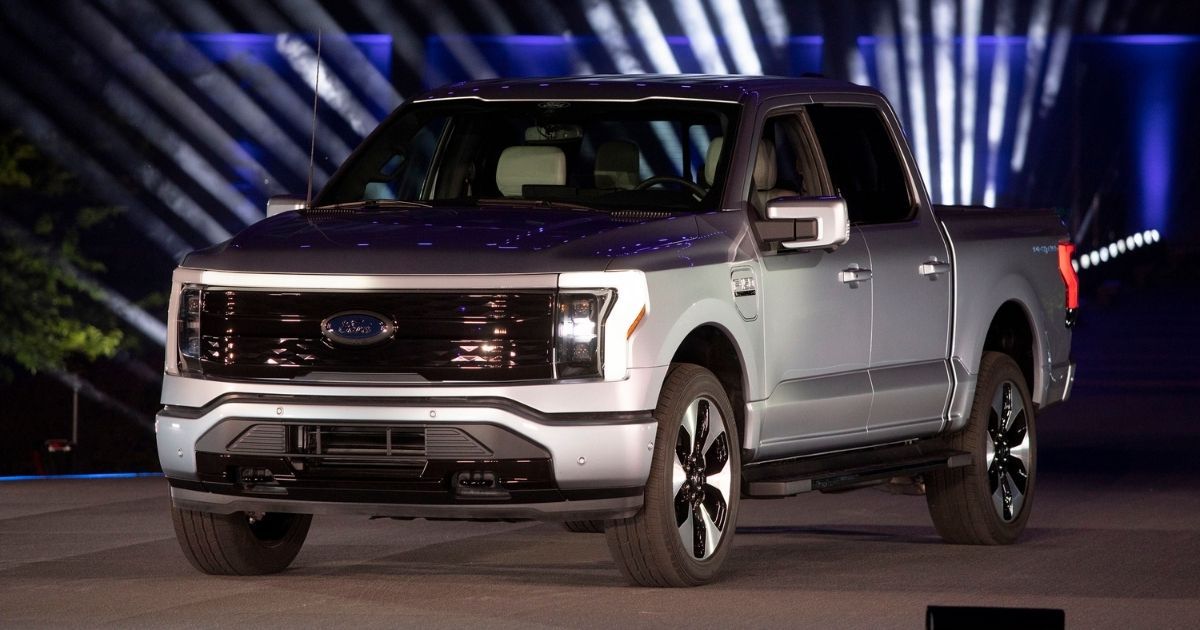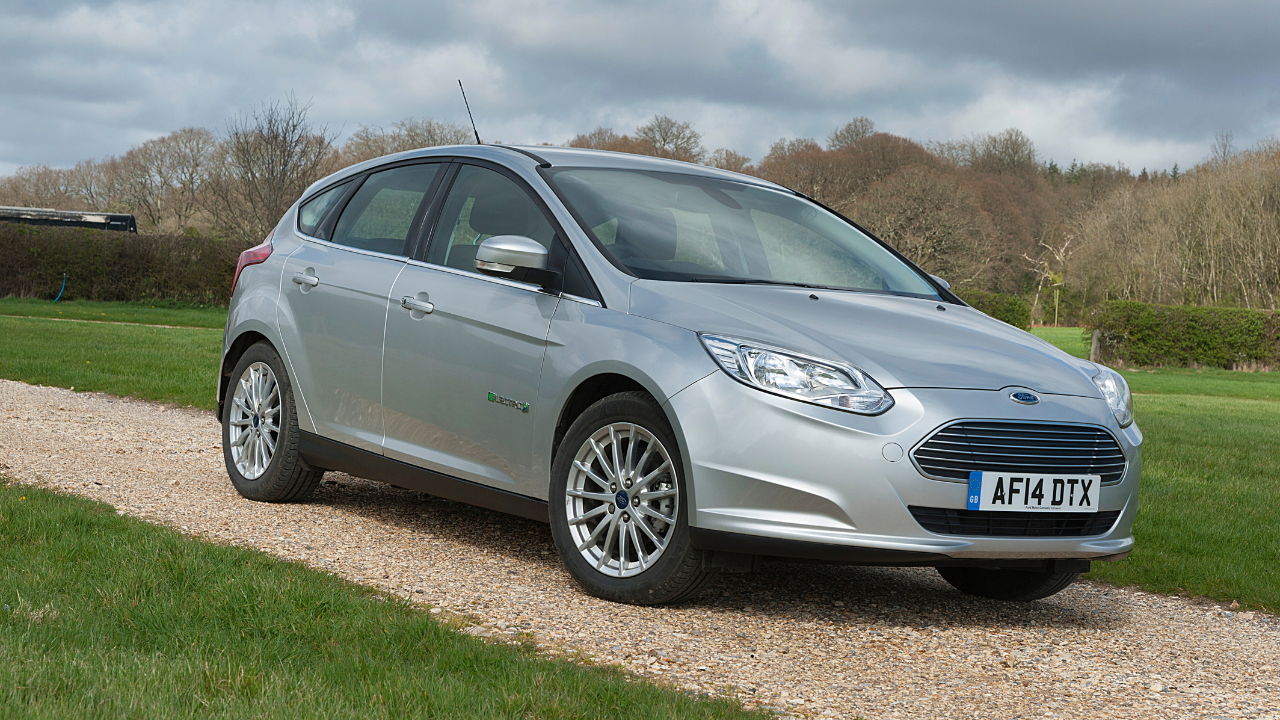Interesting read on our electrical system -

West Virginia v. EPA could overturn 2009 carbon endangerment finding that is strangling America’s electricity grid
By Robert Romano One more Supreme Court case to keep your eye on this session — especially since the Court now appears willing to strike down prior precedents — is the imminent ruling on West Virginia v. EPA that, if successful, would overturn federal regulations on carbon [...]dailytorch.com
I do believe the article is misleading. Different from oil, you can't produce more electricity than what is being consumed or the grid voltage/frequency will get out of the permitted bounds, so this line "overall electricity generation in the U.S. has dropped from 4.005 trillion kWh in 2007 to 3.96 trillion kWh in 2021." should only say that electricity consumption in the USA has dropped. That makes sense, with all the LED lights, more efficient heat pumps and so forth. So that only means that less electricity is being produced because there is less demand for it, not because we are not capable of producing more because of EPA regulations.
Then they say that this is the reason electricity increased by 29 percent since 2007. But if I check the inflation from 2007 to 2022 it says that the 2007 $1 dollar would be a $1.41, so an inflation of 41%. If electricity increases 29% doesn't that mean that the article should say it is 12% cheaper than 2007?







